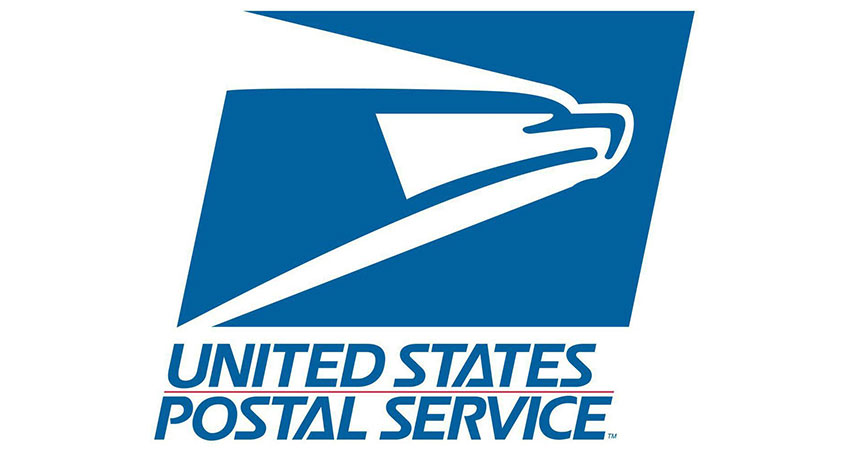A report from President Trump’s task force on proposed changes to the U.S. Postal Service recommends giving the USPS the ability to establish more market-based pricing for its mail and parcel services, which have not been set “with profitability in mind.”
“The USPS should have the authority to charge market-based prices for both mail and package items that are not deemed ‘essential services,’” the task force stated in the report. “This will allow the USPS to optimize its income in order to fund its operations, capital expenditures and long-term liabilities.”
Items deemed non-essential would include all ecommerce shipments, an inclusion which some saw as another swipe by Trump at Amazon and CEO Jeff Bezos, but the USPS denies any one company was targeted.
“None of our findings or recommendations are linked to any one customer or competitor of the Postal Service,” a senior administration official told Freight Waves. “We based our analysis on the needs of the entire economy and all its businesses.”
The task force is also recommending the USPS set up separate balance sheets for its package and mail divisions to prevent so-called “cross-subsidization” that competitors such as UPS and FedEx claim allows the USPS to set parcel pricing at below-market rates. The task force also supported continuing the government-supported package delivery service “at least in the short term” to benefit small and medium-sized ecommerce sellers in particular. This leaves the door open to a future spinoff into privatization, which many oppose.
While the task force recommended recalculating required payments to the retiree health benefits plan based on the population of employees at or near retirement age, it did not recommend ending the mandated prefunding of those benefits. Created by the 2006 Postal Accountability and Enhancement Act, the mandate has been blamed by both members of Congress and federal unions as the prime culprit in the USPS’s current fiscal woes, contributing to billions in red ink.
In terms of operating costs, the task force recommended pursuit of “new cost-cutting strategies that will enable (the USPS) to meet the changing realities of its business model. These should include evaluating modifications to delivery processing standards, and the expanded use of private sector partners in areas such as processing and sortation.”
To seek more revenue opportunities the task force recommended licensing its mailboxes to third party carriers, a radical suggestion, as well as adding services such as licensing for hunting and converting some locations into “contract post offices or by co-locating with or renting space to complementary retail establishments.”
The union representing postal workers took a dim view of the task force report, according to Federal Times. “This poorly conceived report makes many of its recommendations based on myth and misinformation that instead of improving mail services, would deliver higher prices and less service for the public,” said Mark Dimondstein, president of the American Postal Workers Union, in a statement to the publication.

